Where are all the black perfumers…?
While make-up brands are embracing a wider array of skin tones, the fragrance industry is still lagging behind. Meet the black perfumers refusing to accept the status quo…
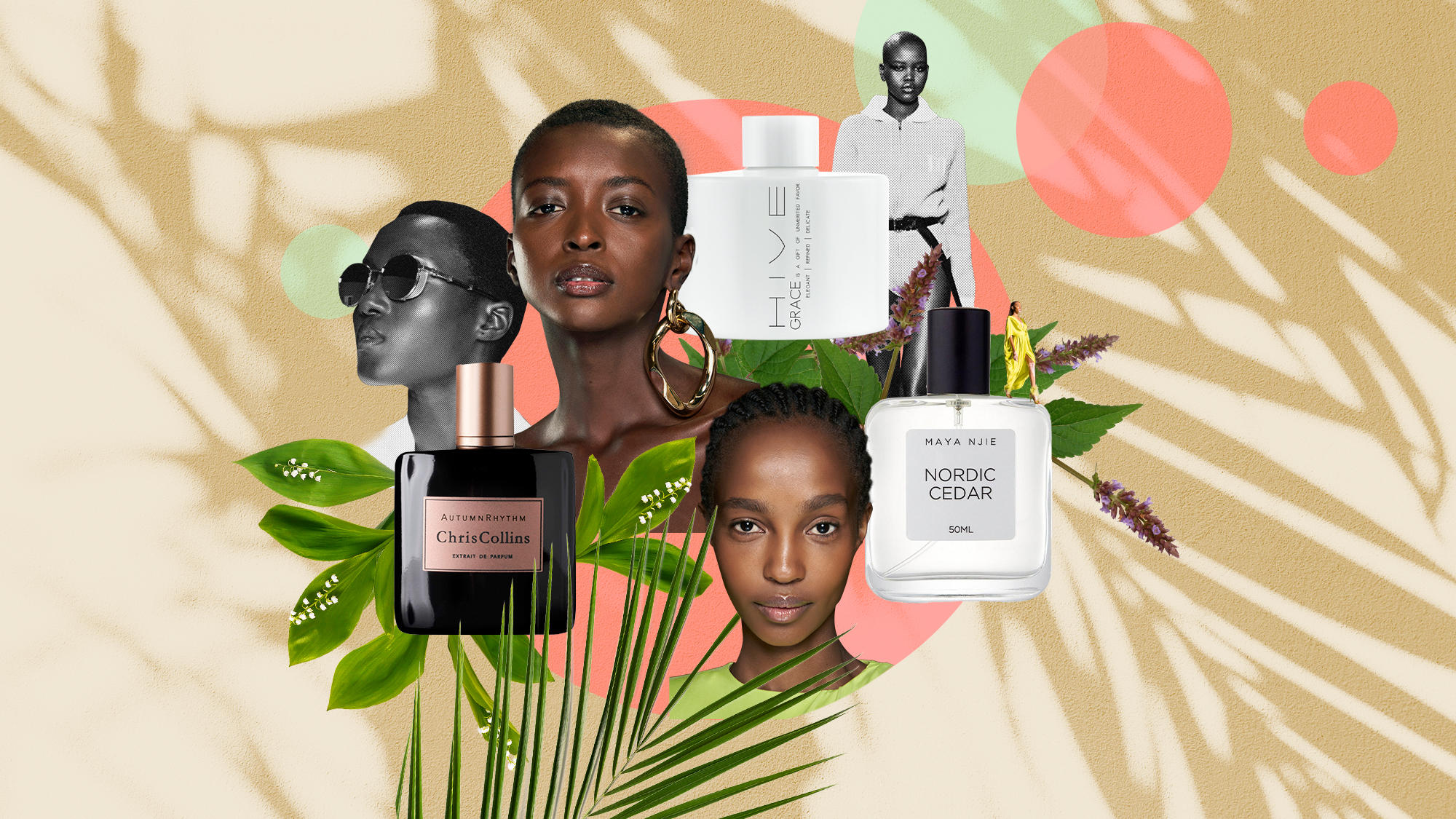
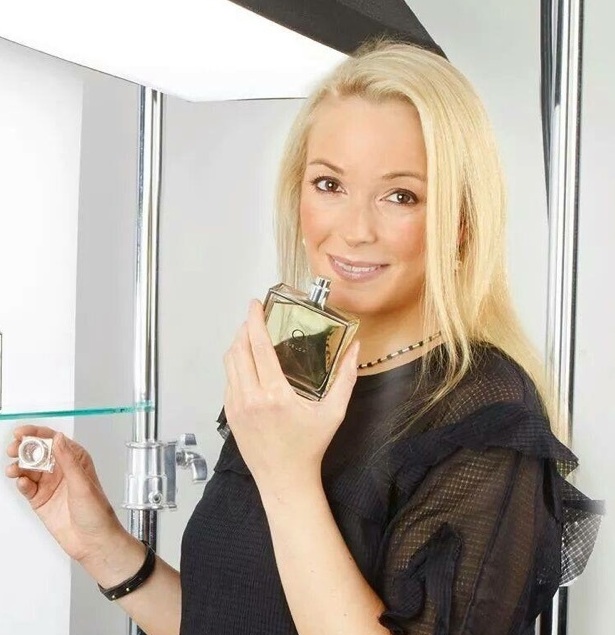
While make-up brands are embracing a wider array of skin tones, the fragrance industry is still lagging behind. Meet the black perfumers refusing to accept the status quo…
When was the last time you wore a fragrance by a black perfumer? Our guess is approximately never.
That’s because the compass hasn’t yet tipped toward inclusivity in the fragrance world. Old World traditions and financial barriers still deter a diverse new pool of talent entering the race to create the best perfume for women.
All of which, feels like bad manners. It’s not like having better senses than a bloodhound is exclusively a ‘white thing’. All humans, irrespective of race, can distinguish at least 1 trillion different odours.
But when an art form is restricted to one part of France and has been passed from father to son since the 17th century it can be prone to clubby elitism.
‘Historically, perfumers were French and classically trained,’ says African-American perfumer, Chris Collins. ‘The opportunity to travel to Grasse to study fragrance is an expensive, and not readily available, option for many black people.’
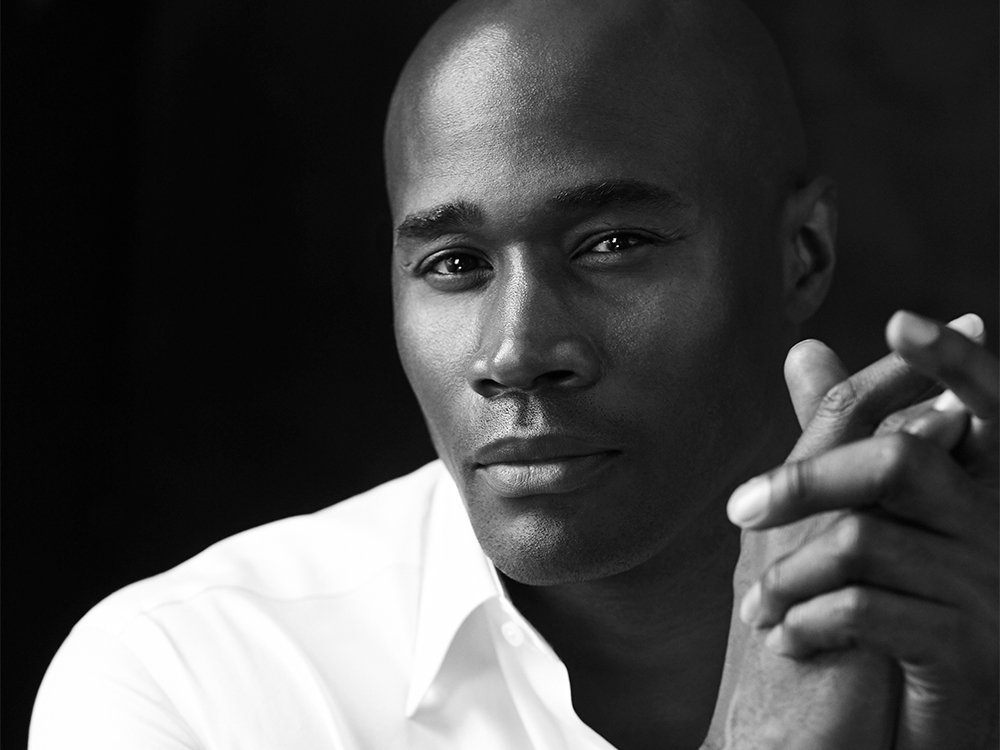
Collins is aware that his backstory is uncommon. Two decades as a Ralph Lauren brand ambassador led to a meeting with famed perfumer Kilian Hennessy. ‘I studied perfumery in Grasse for a while and Kilian became an incredible mentor for me,’ he reveals. ‘We worked on a bespoke fragrance project together, and from that point on I was hooked.’
Marie Claire Newsletter
Celebrity news, beauty, fashion advice, and fascinating features, delivered straight to your inbox!
Fast-forward 15 years, and Collins is the only black-owned fragrance brand in Bergdorf Goodman. Perfumes like Sweet Taboo are quiet like a marble-clad Parisian apartment, but always hint at his Harlem roots.
Then there’s the added hurdle of being pigeonholed as a black woman. ‘In an industry dominated by white males, meeting a female, black perfumer is equivalent to finding a unicorn. It just means I have to be twice as good,’ says Bambi Montgomery of HIVE Luxury Fragrances in Chicago.
Things don’t play out much better in the UK. It was only through the hushed whispers of industry insiders that I discovered Indie brand Maya Njie Perfumes, whose founder is of Swedish/West African heritage.
Meaningful change may, however, be just around the corner. Linda G. Levy, president of The Fragrance Foundation, recently unveiled an initiative dedicated to inclusion, where the aim is to 'expand the fragrance community to include diverse members' and 'support them like never before.' In practice, this means the opportunity to network with suppliers and retailers.
The importance of storytelling
But let’s take a step back for a second. It’s not just a lack of diversity that stinks here.
‘As a perfumer I want to translate emotions into smells,’ says Njie of fragrances like Nordic Cedar. ‘I want to take a visual or an experience and turn it into a fragrance and tell its story.’
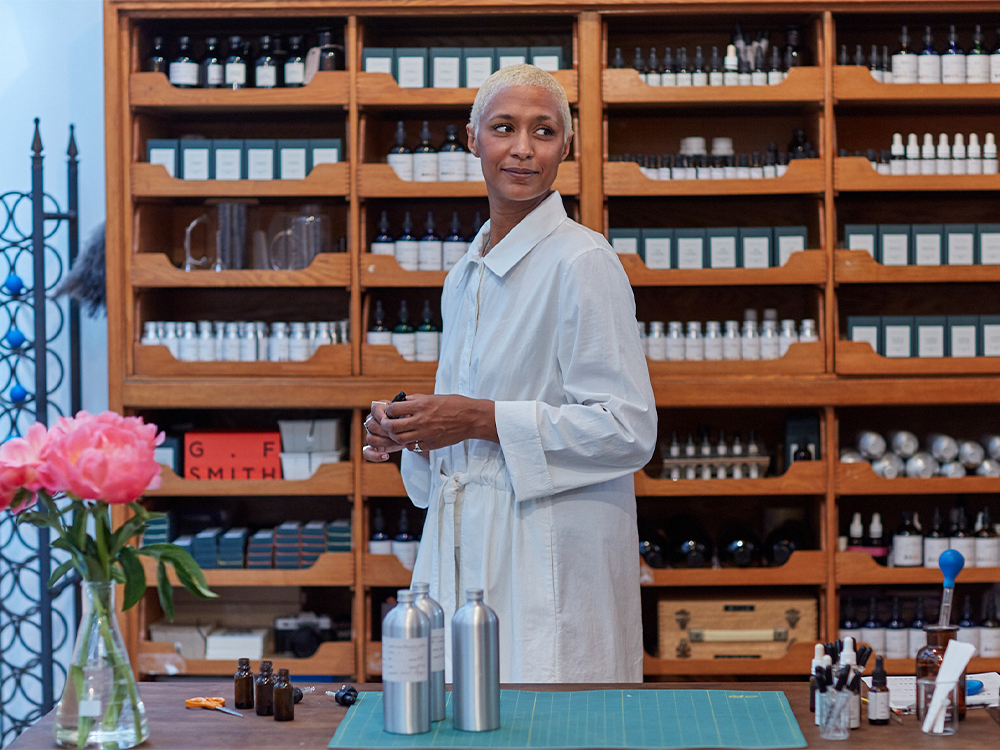
The similarities between scent and storytelling run deep. Whether that story is one the perfumer has crafted for us - or our own, as smell is strongly linked to memory and emotions.
So when Njie says we are being short-changed if we don’t have perfume storytelling from a black perspective, she is probably right.
‘As consumers we want to buy from brands that mirror who we are and what we feel,’ she explains.
Take books for instance. There are thousands of coming-of-age tales. But only a few like Queenie explore black female identity. In doing so, Candice Carty-Williams opens our minds to why a young black British woman can still feel like 'there’s no space’ for her in 2020.
When it comes to my own story, any one of these scents takes me back to my childhood in the US. Ida's diner is the smell of sweet sun-dried tobacco leaves on the breeze; the bubblegum fug of faux leather seats and root beer's medicinal rush of liquorice.
Ida told me stories of the plantation that used to exist nearby - tales handed down to her as a descendant of slaves. In return, I told her about London and the cold breath of wet paving stones on winter mornings.
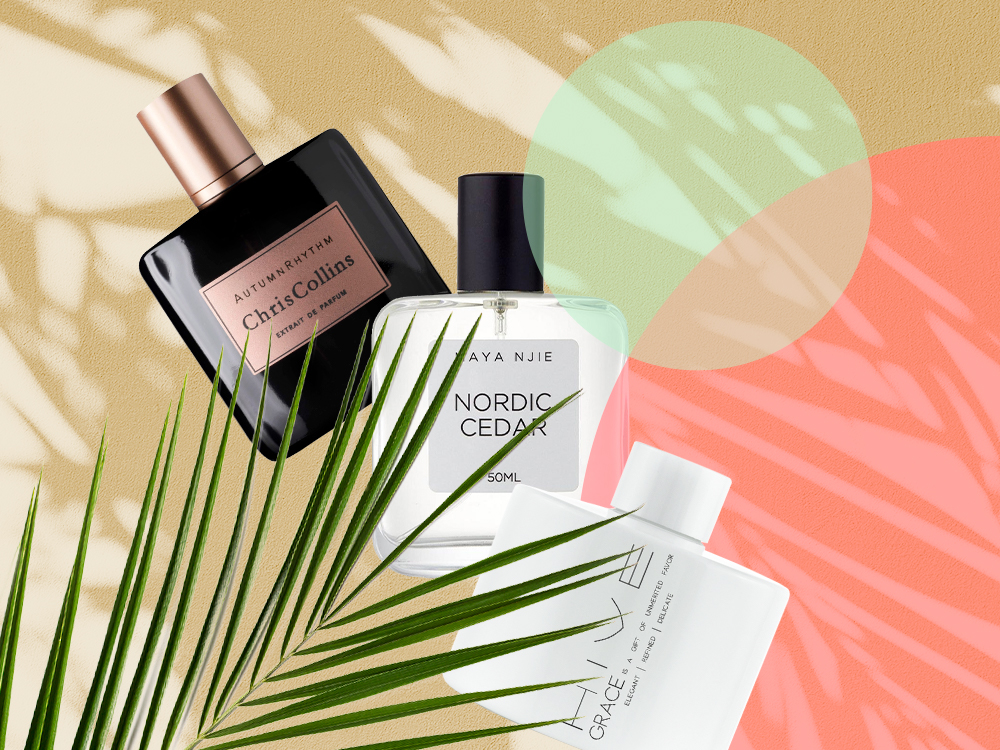
The future of fragrance
Nowadays, being a person of colour in the perfume culture has never been more important. Montgomery, for example, plans to release a collection to capture the camaraderie, tears and pride of the Chicago Black Lives Matter chapter.
‘I'm an artist. It’s my responsibility to capture the times and share the truth through the medium of fragrance,’ she says.
Pitched perfectly, Montgomery says Black Mahogany will smell of tonka bean, cedarwood and Italian bergamot. ‘Black mahogany is harder than common mahogany and is a symbol of endurance for African Americans. It smells rich, warm and grounded.’
With scent, you greedily take up space: in the lift, on the bus and in someone’s personal space. Perhaps it’s time to wear a fragrance by a black perfumer, with its own interpretation of love, hope and the human struggle, and make their presence felt.
Ultimately, isn't it up to all of us to wave those feelings under people’s noses?
Fiona Embleton has been a beauty editor for over 10 years, writing and editing beauty copy and testing over 10,000 products. She has previously worked for magazines like Marie Claire, Stylist, Cosmopolitan and Women’s Health. Beauty journalism allowed her to marry up her first class degree in English Literature and Language (she’s a stickler for grammar and a self-confessed ingredients geek) with a passion for make-up and skincare, photography and catwalk trends.
-
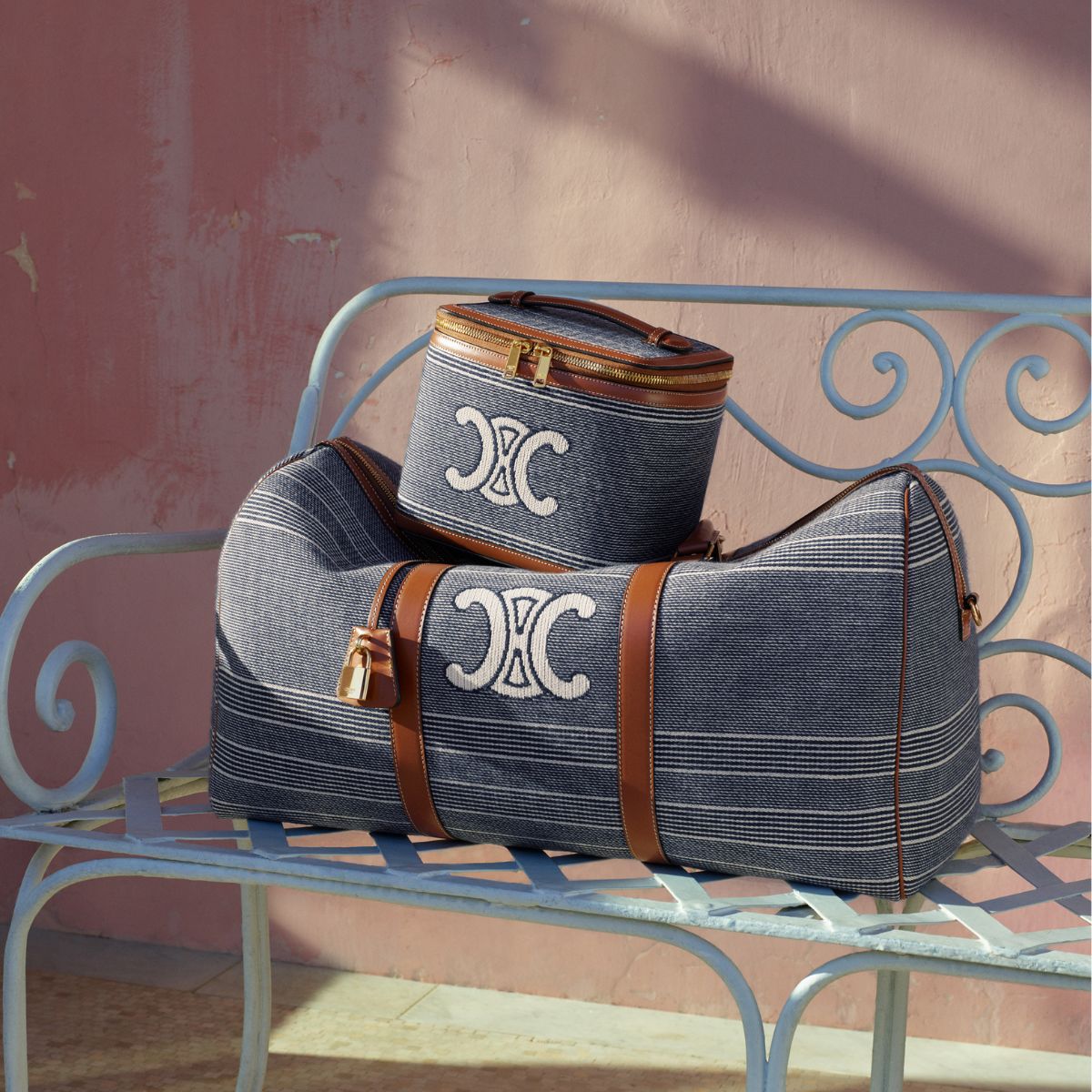 Céline's new Selfridges pop-up is an ode to summers on the French Riviera
Céline's new Selfridges pop-up is an ode to summers on the French RivieraA one-stop-shop for the ultimate holiday wardrobe
By Clementina Jackson
-
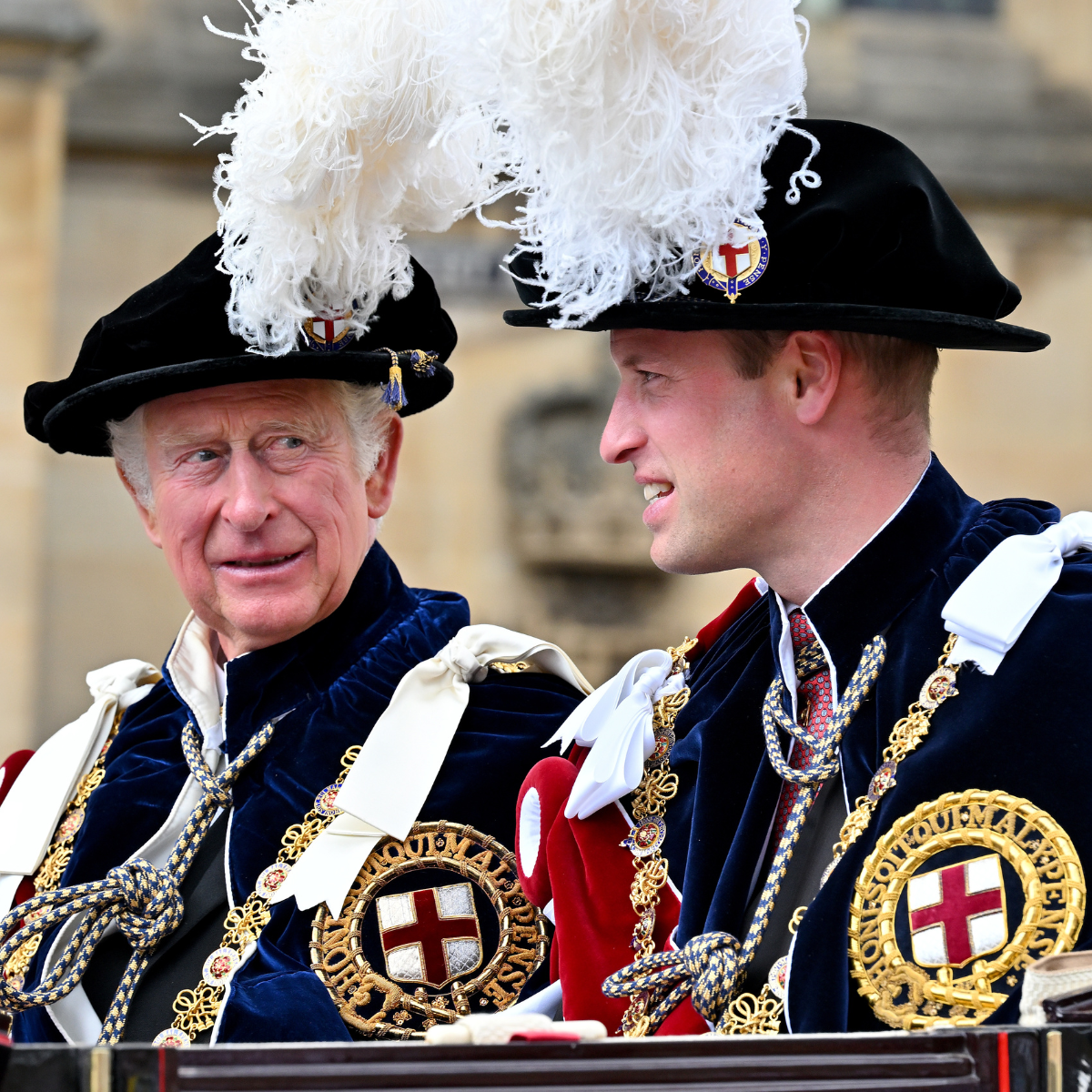 Why Prince William will attend the pope's funeral instead of King Charles
Why Prince William will attend the pope's funeral instead of King CharlesHe's representing his dad
By Iris Goldsztajn
-
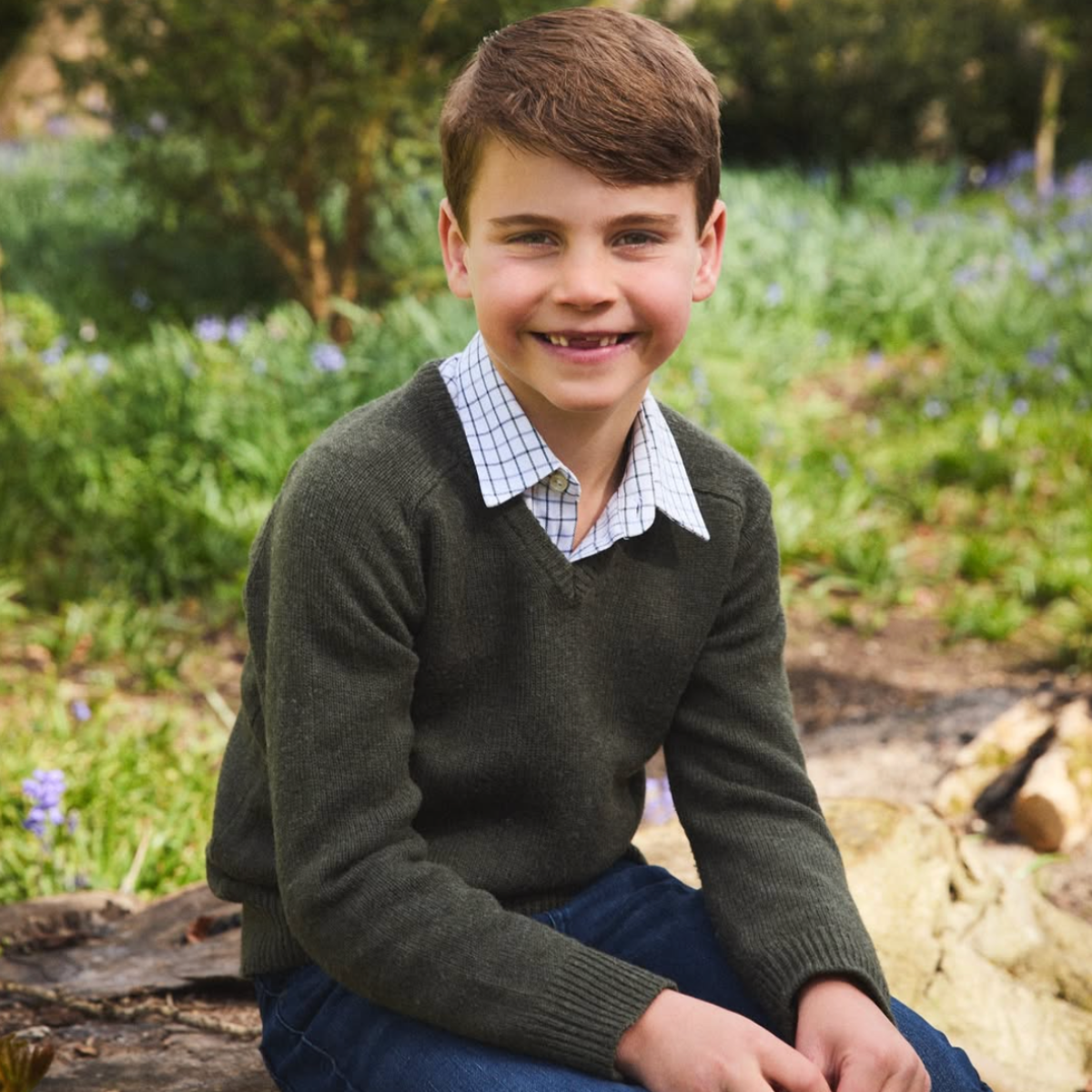 Royal fans can't believe this sweet detail from Prince Louis' birthday portrait
Royal fans can't believe this sweet detail from Prince Louis' birthday portraitAdorable
By Iris Goldsztajn